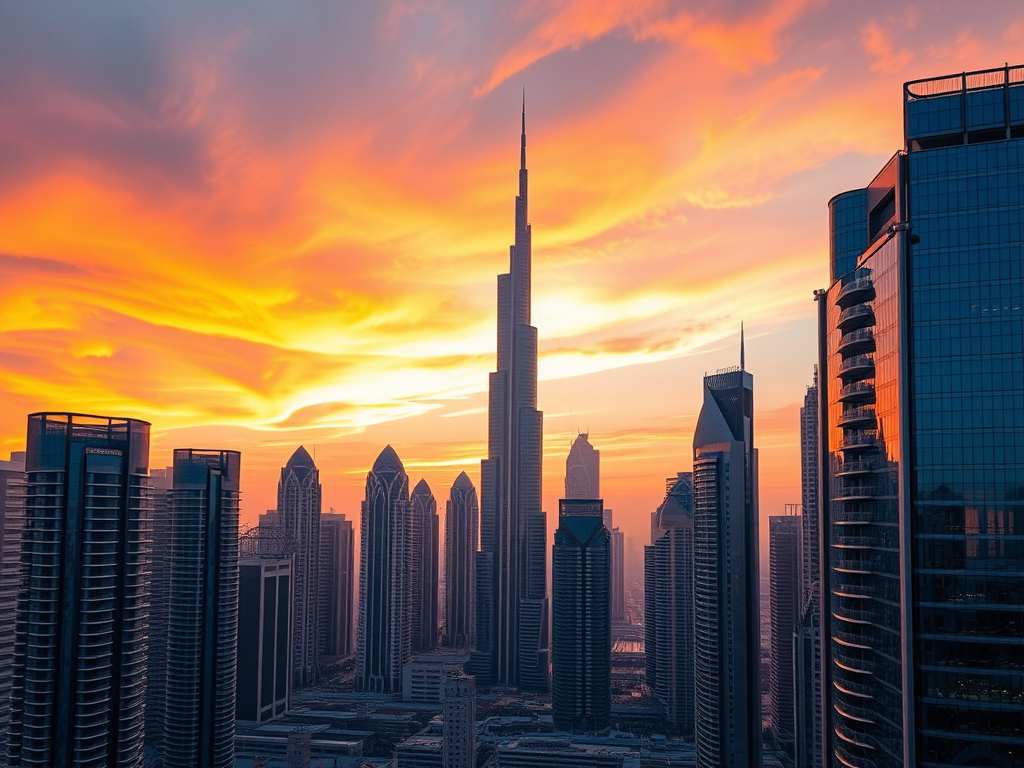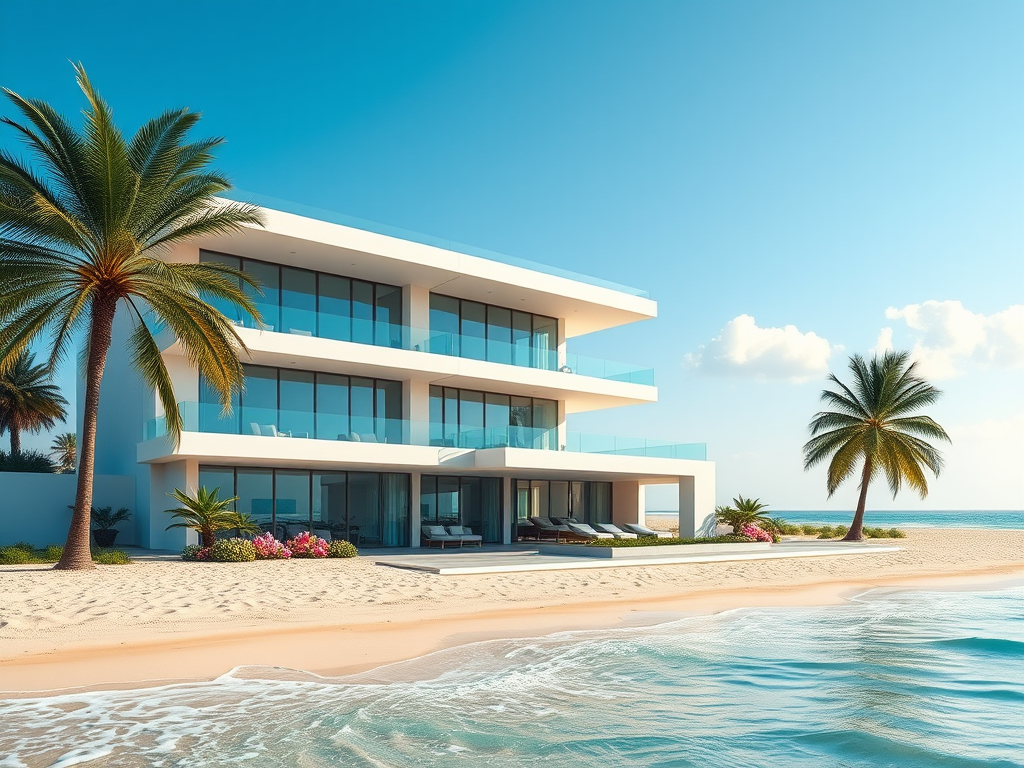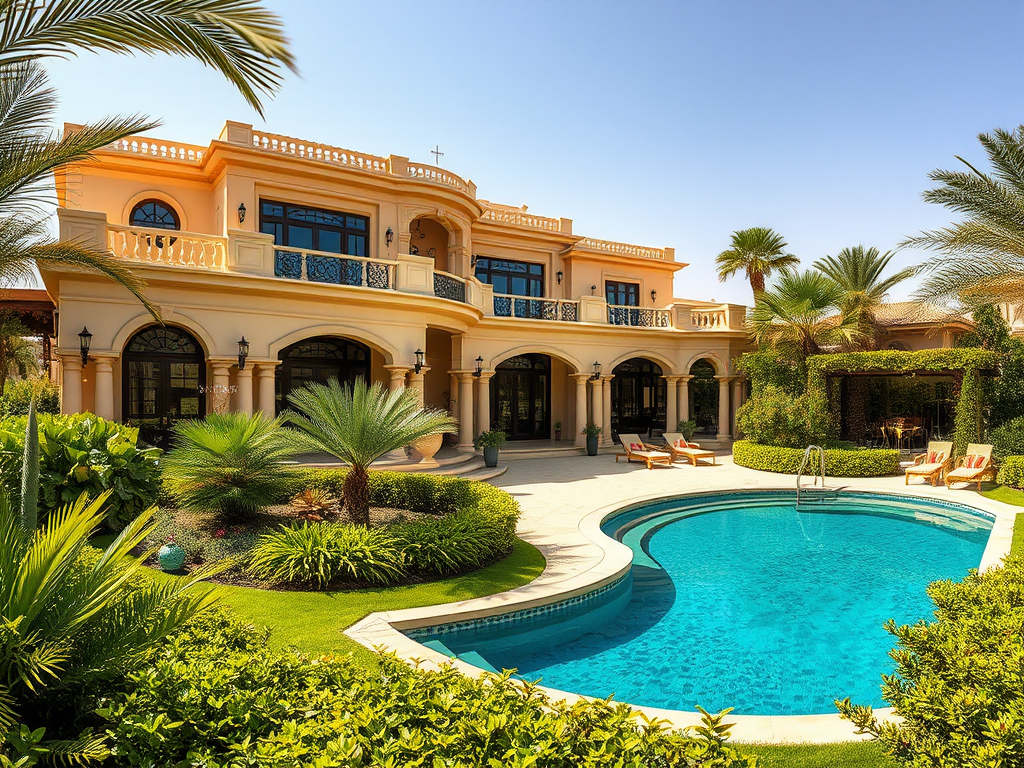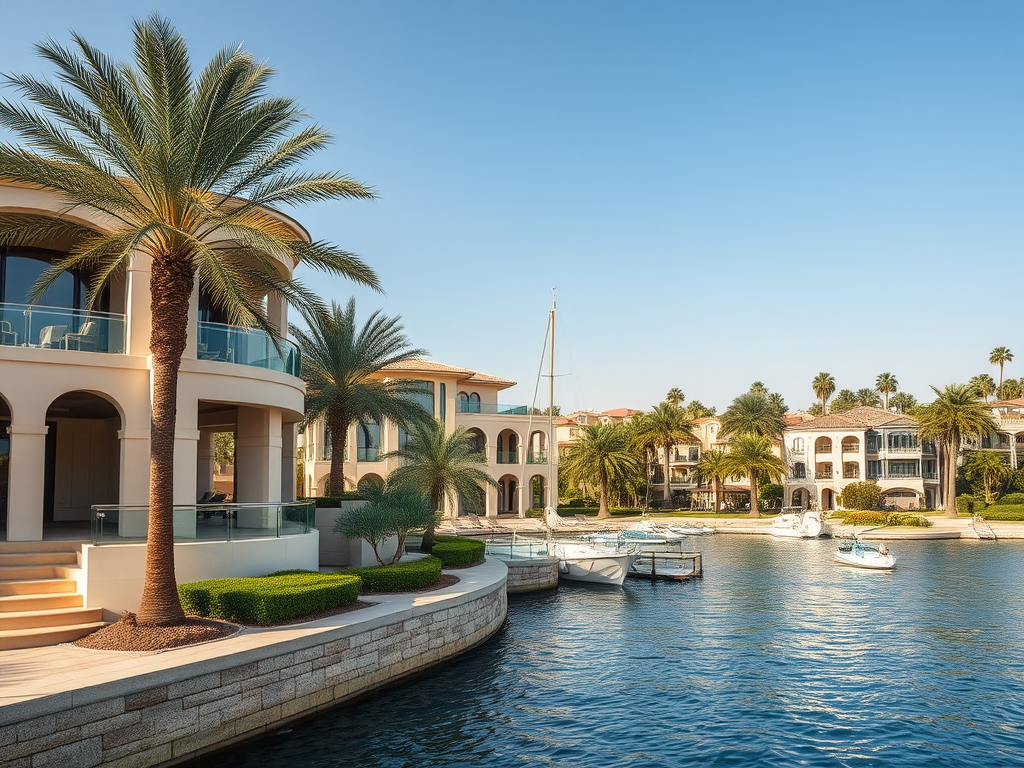Dubai’s real estate market has grown exponentially over the past few decades, fueled largely by foreign investment. This influx of capital has not only transformed the skyline of the city but also contributed significantly to its economic diversification. By attracting global investors, Dubai has managed to create a vibrant real estate sector that remains resilient amidst economic fluctuations. This article will explore how foreign investment influences the real estate market in Dubai, the benefits it provides, the challenges it faces, and future outlooks, all while emphasizing its critical role in the region’s development.
Understanding Foreign Investment in Dubai’s Real Estate Market
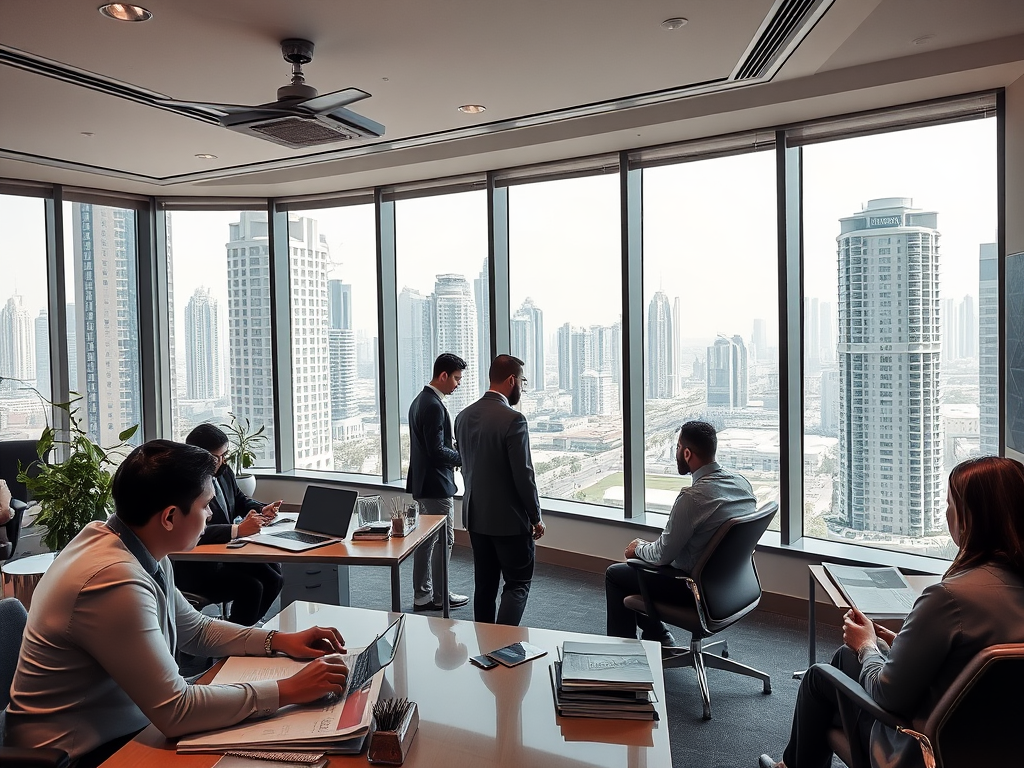 Foreign investment in Dubai’s real estate sector has witnessed dramatic growth, marking a significant trend that shapes the broader landscape of the economy. Investors from various countries are drawn to Dubai for its attractive business environment, modern infrastructure, and strong rental yield potential. The UAE government has implemented numerous initiatives, such as long-term residency visas for property owners, aiming to cultivate an environment conducive to foreign investment. Furthermore, the real estate market in Dubai is characterized by a mix of residential, commercial, and industrial properties, allowing diverse investment opportunities. Key factors driving foreign investment include:1. **Tax Benefits:** The absence of capital gains tax enhances the attractiveness of investing in property.2. **Regulatory Framework:** Transparent property laws reassure investors about their rights and ownership.3. **Growing Population:** An influx of expatriates and tourists fuels demand for real estate.4. **Global Events:** Hosting major events like Expo 2020 enhances Dubai’s visibility and desirability as an investment hub.5. **Economic Stability:** The UAE’s stable political and economic environment serves as a safe haven for investors.
Foreign investment in Dubai’s real estate sector has witnessed dramatic growth, marking a significant trend that shapes the broader landscape of the economy. Investors from various countries are drawn to Dubai for its attractive business environment, modern infrastructure, and strong rental yield potential. The UAE government has implemented numerous initiatives, such as long-term residency visas for property owners, aiming to cultivate an environment conducive to foreign investment. Furthermore, the real estate market in Dubai is characterized by a mix of residential, commercial, and industrial properties, allowing diverse investment opportunities. Key factors driving foreign investment include:1. **Tax Benefits:** The absence of capital gains tax enhances the attractiveness of investing in property.2. **Regulatory Framework:** Transparent property laws reassure investors about their rights and ownership.3. **Growing Population:** An influx of expatriates and tourists fuels demand for real estate.4. **Global Events:** Hosting major events like Expo 2020 enhances Dubai’s visibility and desirability as an investment hub.5. **Economic Stability:** The UAE’s stable political and economic environment serves as a safe haven for investors.
The Benefits of Foreign Investment
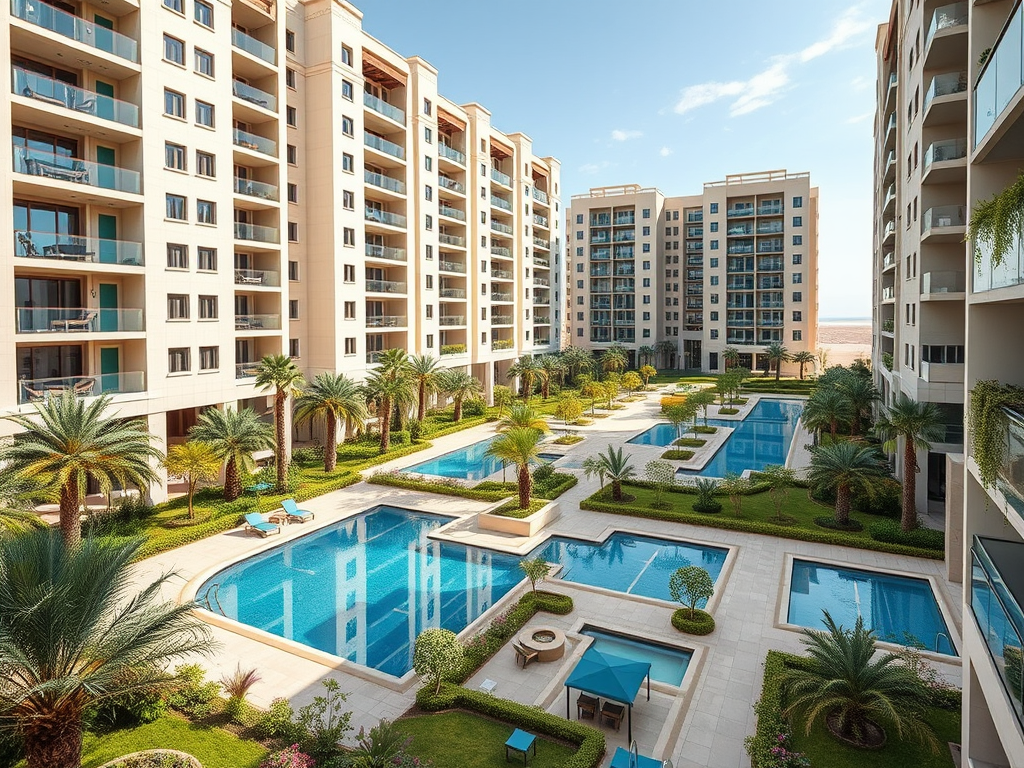 The role of foreign investment in Dubai’s real estate market extends beyond merely inflating property prices; it brings numerous advantages that bolster the economy. Firstly, real estate investments create jobs, which is crucial for sustaining a growing population and maintaining a healthy economy. Secondly, foreign capital enhances infrastructure development — in turn, inspiring further investments and improvements to facilities and services. Thirdly, increased demand from foreign buyers aids in stabilizing property prices, preventing market volatility that could deter domestic investors. Moreover, foreign investments encourage urban development as well as cultural exchange. Dubai’s cosmopolitan nature is further enriched when diverse international populations invest and live within the city. Here are some noteworthy benefits of foreign investment in landscaping the real estate market of Dubai:- **Economic Growth:** Increased foreign capital fuels economic diversification and strengthens the city’s global position.- **Innovation and Competition:** A competitive market leads to innovative solutions and improved quality of service.- **Enhanced Property Options:** Foreign investors contribute to a wider variety of properties, catering to different preferences and budgets.- **Cultural Integration:** Investors bring their cultural nuances and preferences, leading to rich multicultural communities.- **Sustainable Development:** Global perspectives on sustainable practices can improve urban planning and environmental conservation efforts.
The role of foreign investment in Dubai’s real estate market extends beyond merely inflating property prices; it brings numerous advantages that bolster the economy. Firstly, real estate investments create jobs, which is crucial for sustaining a growing population and maintaining a healthy economy. Secondly, foreign capital enhances infrastructure development — in turn, inspiring further investments and improvements to facilities and services. Thirdly, increased demand from foreign buyers aids in stabilizing property prices, preventing market volatility that could deter domestic investors. Moreover, foreign investments encourage urban development as well as cultural exchange. Dubai’s cosmopolitan nature is further enriched when diverse international populations invest and live within the city. Here are some noteworthy benefits of foreign investment in landscaping the real estate market of Dubai:- **Economic Growth:** Increased foreign capital fuels economic diversification and strengthens the city’s global position.- **Innovation and Competition:** A competitive market leads to innovative solutions and improved quality of service.- **Enhanced Property Options:** Foreign investors contribute to a wider variety of properties, catering to different preferences and budgets.- **Cultural Integration:** Investors bring their cultural nuances and preferences, leading to rich multicultural communities.- **Sustainable Development:** Global perspectives on sustainable practices can improve urban planning and environmental conservation efforts.
Challenges Facing Foreign Investment
Despite the numerous benefits, foreign investment in Dubai’s real estate market also faces significant challenges. Regulatory changes, while aimed at attracting foreign capital, can create uncertainty among investors. Additionally, economic fluctuations in the global market can affect investor confidence. Market saturation is another concern, as oversupply of new developments leads to increased competition and potential declines in property values. Furthermore, the evolving geopolitical landscape can also impact the attractiveness of Dubai as a real estate haven.Several major challenges include:1. **Regulatory Uncertainty:** Changes in laws or policies can create obstacles for investors.2. **Market Volatility:** Rapid price changes can make potential investors hesitant.3. **Geopolitical Issues:** Regional instability can impact investor confidence and willingness to invest.4. **Oversupply of Properties:** An influx of new developments may lead to a glut, affecting rental yields.5. **Economic Fluctuations:** Global economic conditions can influence local markets and employment rates.
Future Outlook for Foreign Investment
The future of foreign investment in Dubai’s real estate market appears promising. Government initiatives are continually updated to cater to evolving market demands, ensuring the city remains competitive on a global scale. With mega-events, such as Expo 2020, having showcased Dubai to the world, the city is likely to remain on the radar of prospective investors. The ongoing renovation and development of infrastructure, coupled with the rise of emerging sectors like technology and tourism, will further bolster foreign investment. As the city continues to adopt smart technologies and sustainable practices, it will further attract green investments, making Dubai an exemplary model for modern urban living. The implications for the real estate sector are tremendous, hinting at sustained growth and expansion.
Conclusion
In conclusion, foreign investment plays a pivotal role in shaping Dubai’s real estate market. By providing substantial economic benefits, stimulating job creation, and facilitating urban development, foreign capital becomes a key driver of the city’s economic diversification strategy. While challenges remain that may impact future investment, the proactive approach of the UAE government and the city’s resilience position it as an attractive destination for global investors. As Dubai continues to evolve, its real estate market is set to reflect the dynamic interplay between local needs and global ambitions.
Frequently Asked Questions
1. What types of foreign investments are most common in Dubai’s real estate market?
Foreign investments in Dubai’s real estate market primarily include residential properties, commercial buildings, and luxury developments. There is also growing interest in off-plan projects and mixed-use developments.
2. Are foreign investors allowed to buy property in Dubai without restrictions?
While foreign investors can buy property in freehold areas without restrictions, regulations may differ based on the type of property or developments, particularly in leasehold developments.
3. How has the government supported foreign investment in Dubai’s real estate market?
The UAE government has implemented various incentives, including long-term residency visas for property owners, tax exemptions, and streamlined regulations, all aimed at attracting foreign investment.
4. What impact did Expo 2020 have on real estate investment in Dubai?
Expo 2020 showcased Dubai’s potential to a global audience, which raised interest among foreign investors, enhancing demand and improving property values in various sectors.
5. What should foreign investors consider before investing in Dubai’s real estate market?
Foreign investors should consider factors such as market trends, property location, regulatory frameworks, potential rental yields, and the overall economic stability of Dubai before making investment decisions.
